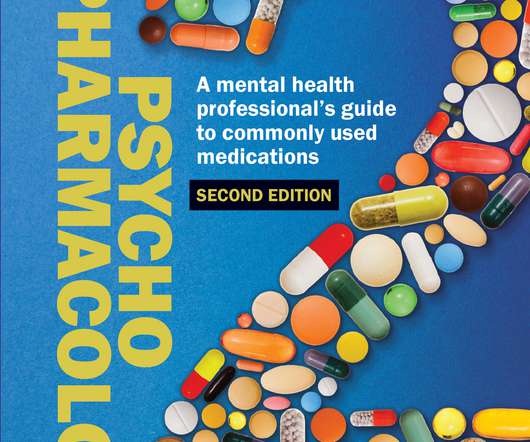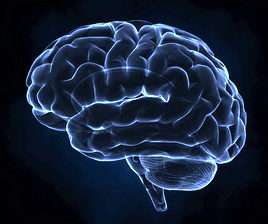Loneliness and psychosis in clinical practice
Society of Clinical Psychology
MAY 1, 2020
However, this approach is rapidly changing as accumulating evidence shows that loneliness—the distressing feeling that our social relationships are not meeting our needs – has substantial negative impacts on mental and physical health and recovery. For people with psychotic disorders the situation is much worse.












Let's personalize your content